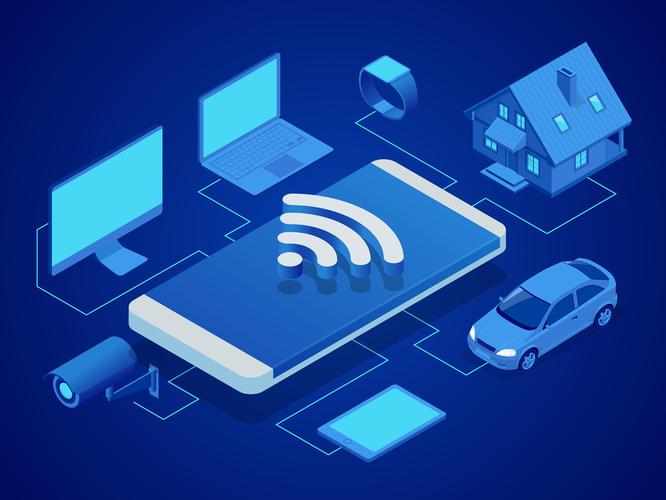
Technology has never moved faster. As it evolves, and new ideas come to fruition, technological change will continue to have an impact on our everyday lives whether it’s at work or at home.
2018 demonstrated that businesses and their customers won’t get the most out of technology unless they feel it’s safe, secure and efficient. We saw the introduction of Australia’s first mandatory data breach notification scheme, which put security and privacy breaches in the spotlight like never before. While security continues to be a leading priority for Australian businesses, it would be remiss not to look at the evolution of other recent technologies, such as Artificial Intelligence and Machine Learning, that were previously seen as a fad, but are starting to prove their worth.
As we kick off 2019, businesses are looking at the best ways to maximise their efficiency, in a secure environment. Let’s take a closer look:
1. Security
Predicting the future of security is no easy feat but what we do know is that more connectivity across the board means higher vulnerability when it comes to security. Organisations will need to look at improving interoperability and efficiency to maintain enough segmentation for a strong foundation. With new trends and technology comes new roles and opportunities, however. From security content developers to automation engineers, these new roles will focus on optimising the security workflow and its tools.
2. AI and Machine Learning
In 2018, artificial intelligence using machine learning increasingly helped organisations make decisions using large volumes of data that otherwise would be difficult to make sense of. Previously seen as something too expensive to invest in, the potential is no longer in question, and AI can be easily deployed with more evidence that they will deliver substantive benefits.
3. IT Operations
Multi-cloud deployments will become essential, particularly among large organisations. Managing and measuring performance across a multi-cloud infrastructure presents challenges, which will drive more AI and ML adoption. Container adoption will also increase, as application mobility across environments becomes a must.
4. Internet of Things
Internet of Things (IoT) will combine with ML to dominate businesses. While previously mostly regarding the consumer side, this is changing more and more in providing a competitive edge for businesses. The ripple effect includes a focus on cloud services and APIs that enable the rapid proliferation of new applications and data-gathering methodologies.
5. DevOps
Proving to be much more than just a buzzword, DevOps continues to play a vital role in business. Particularly with creating a culture of collaboration and communication, there will be an increased focus on specialised skills in areas like Cloud Operations and Site Reliability Engineering (SRE) as IT leaders can direct higher-value skills and resources more appropriately to deliver on real business goals.
 Credit: ID 109363343 © Skypixel | Dreamstime.com
Credit: ID 109363343 © Skypixel | Dreamstime.comAlthough we’d love to say hackers are a thing of the past, it won’t be the case in 2019. Now is the time for organisations to prove they are adaptable and willing to keep up with new trends and technologies, to keep themselves and their customers safe, as well as drive their businesses forward.
[“source=pcworld.idg.com.au”]
 Techosta Where Tech Starts From
Techosta Where Tech Starts From